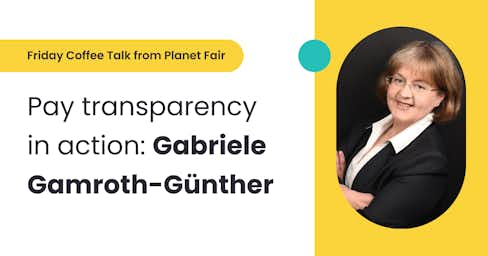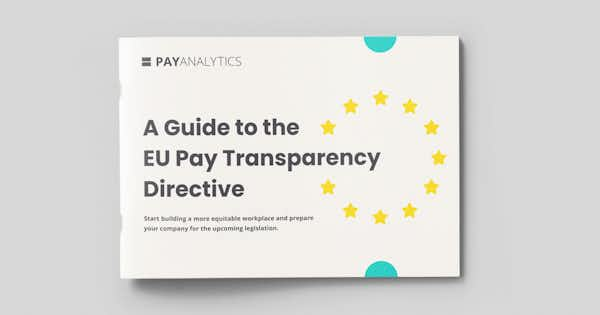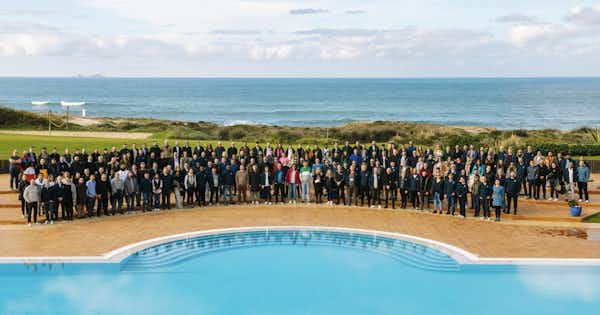Evróputilskipun um gagnsæi í launum | Sækja rafbók hér.

#38 - A landmark pay transparency case - Gabriele Gamroth-Günther
New pay transparency laws in many countries allow employees to ask for a salary comparison. But what happens when pay discrimination is revealed? In this coffee talk, Henrike talks with Gabriele Gamroth-Günther, who gives a firsthand account of her experience and her landmark legal case.
Around the world, new pay transparency laws give workers the right to know how much their colleagues in similar positions are making. But what happens when employees actually ask for that information?
In this week’s coffee talk, Henrike Von Platen of FPI speaks with someone who did this — and got shocking results.
Gabriele Gamroth-Günther has been a department head at VGH, an insurance company in Germany, for over eleven years. She asked about her pay and learned that she was making 1,006 euro less than her male colleagues every month.
She was astonished, but she thought her employer would make it right and adjust her pay. Her employer did nothing, so Gabriele sued.
Her lawsuit became a landmark case in Germany’s federal court. The court eventually found in her favor. It also shifted the burden of proof in pay discrimination cases. This means that instead of the employee having to prove they are a victim of pay discrimination, the employer now has to prove that there is no discrimination.
However, Gabriele’s win only covers six months of back pay. Another case is pending, and she hopes to eventually receive what she is owed.
Yet as Henrike points out, Gabriele is a trailblazer. Because her case shifted the burden of proof, it’s now easier for employees to fight for appropriate compensation.
Gabriele advises women who can to make pay inquiries to do it: “even if it’s hard to get the money, it’s worthwhile.” And if the idea of asking your employer about pay is intimidating, find some colleagues who are willing to do it at the same time.


